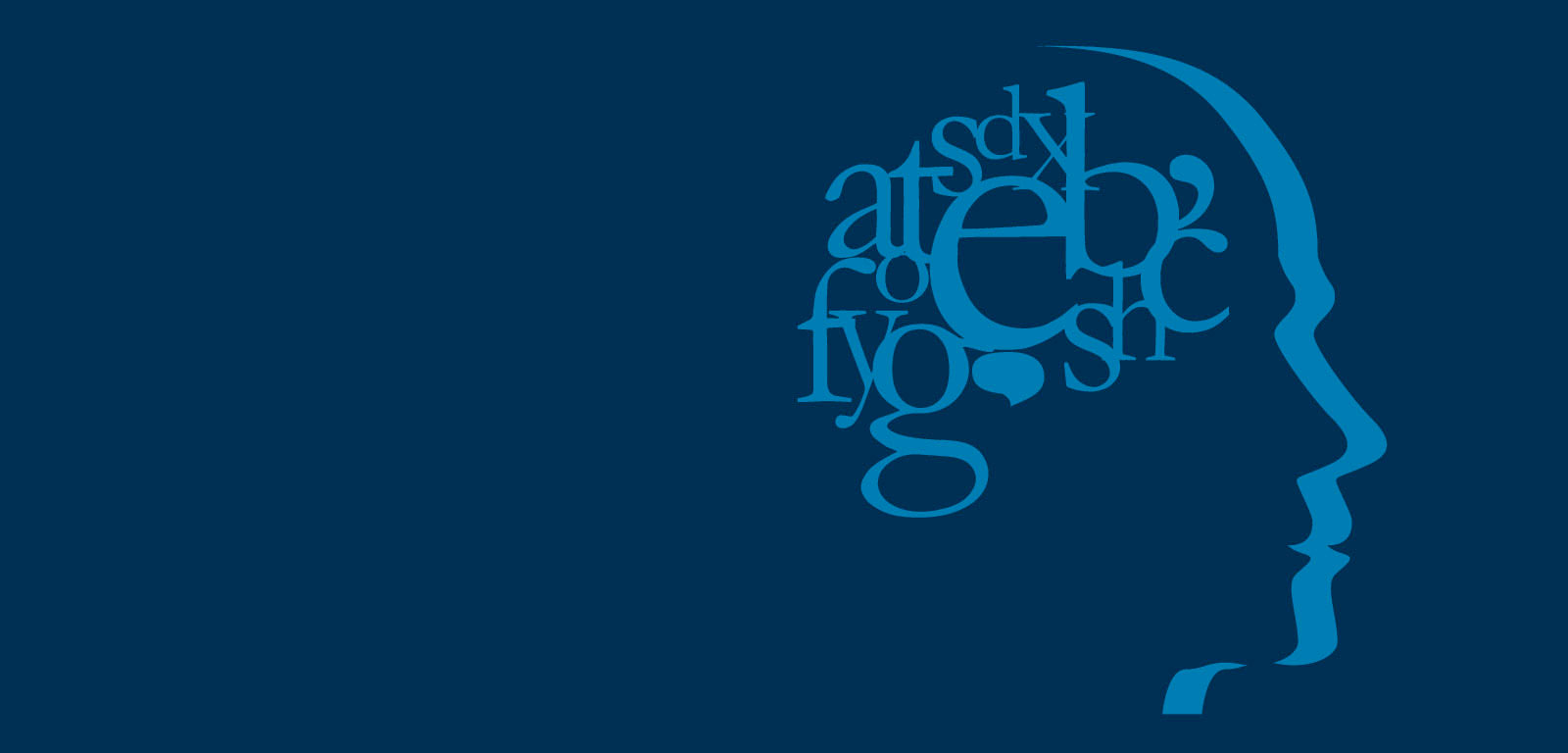Gaia
Hizkuntza-garapenaren gaitzak eta hezkuntzarako neurozientzia
Gaiari buruzko datu orokorrak
- Modalitatea
- Ikasgelakoa
- Hizkuntza
- Ingelesa
Irakasgaiaren azalpena eta testuingurua
Developmental disorders, Developmental dyslexia; SLI, Co-morbidity: SLI and dyslexia, Autism, Dyscalculia, Williams syndromeIrakasleak
| Izena | Erakundea | Kategoria | Doktorea | Irakaskuntza-profila | Arloa | Helbide elektronikoa |
|---|---|---|---|---|---|---|
| ACHA MORCILLO, JOANA | Euskal Herriko Unibertsitatea | Irakaslego Agregatua | Doktorea | Elebiduna | Bilakaeraren eta Hezkuntzaren Psikologia | joana.acha@ehu.eus |
| LALLIER , MARIE | BCBL- Basque Center on Cognition, Brain and Language | Besteak | Doktorea | m.lallier@bcbl.eu | ||
| LALLIER , MARIE | BCBL- Basque Center on Cognition, Brain and Language | Besteak | Doktorea | m.lallier@bcbl.eu |
Gaitasunak
| Izena | Pisua |
|---|---|
| CE1. Adquisición de conocimientos avanzados sobre trastonos evolutivos del lenguaje y trastornos del aprendizaje | 25.0 % |
| CE2. Conocer las principales metodologías en el estudio neurocientífico de los trastornos evolutivos del lenguaje y trastornos del aprendizaje. | 25.0 % |
| CE3. Aplicar los conocimientos adquiridos de forma creativa para identificar problemas y plantear diseños de investigación sobre los temas discutidos en el curso. | 25.0 % |
| CE4. Identificación de los sistemas y procesos en los trastornos evolutivos del lenguaje y los trastornos del aprendizaje. | 25.0 % |
Irakaskuntza motak
| Mota | Ikasgelako orduak | Ikasgelaz kanpoko orduak | Orduak guztira |
|---|---|---|---|
| Magistrala | 10 | 10 | 20 |
| Gelako p. | 10 | 10 | 20 |
| Ordenagailuko p. | 10 | 25 | 35 |
Ebaluazio-sistemak
| Izena | Gutxieneko ponderazioa | Gehieneko ponderazioa |
|---|---|---|
| Azalpenak | 50.0 % | 50.0 % |
| Idatzizko azterketa | 50.0 % | 50.0 % |
Irakasgai-zerrenda
This course is oriented to psychologists and psycholinguists interested in learning the basic processes involved in cognitive development, the neural correlates of such processes and their role in learning difficulties and developmental disorders.Through the description and analysis of the main cognitive processes linked to brain development and its time course, students will examine the main learning strategies used by children throughout the critical periods of development, as well as the specific processes involved in autism, hyperactivity, dyslexia and specific language impairment. Through an analysis of empirical behavioral and neuroscientific evidence, students will learn the relationship between neuroscience and education. Thus, the course will enable them to acquire the basic skills to understand, assess and thoroughly investigate these disorders and their underlying mechanisms.
Bibliografia
Nahitaez erabili beharreko materiala
There is no textbook for this class, a list of readings selected from scholarly articles and book chapters will be provided at the beginning of the course.Oinarrizko bibliografia
Karmiloff-Smith, A. (1998): Development itself is the key to understanding developmental disorders. Trends in Cognitive Sciences, Volume 2, 389-396.Hulme, C. and Snowling, M. (2009): Developmental disorders of language, learning and cognition. Chichester; Wiley Blackwell.
Habib, M. (2000). The neurological basis of developmental dyslexia: an overview and working hypothesis. Brain, 123(12), 2373-2399.
Ramus, F. (2003). Developmental dyslexia: specific phonological deficit or general sensorimotor dysfunction? Current Opinion in neurobiology, 13(2), 212-218.
Ramus, F., Rosen, S., Dakin, S. C., Day, B. L., Castellote, J. M., White, S., et al. (2003). Theories of developmental dyslexia: insights from a multiple case study of dyslexic adults. Brain, 126(4), 841-865.
Corriveau, K., Pasquini, E., and Goswami, U. (2007) Basic Auditory Processing Skills and Specific Language Impairment: A New Look at an Old hypothesis. Journal of Speech, Language, and Hearing Research, 50, 647-666
Leonard, L. (1998). Children with specific language impairment, Cambridge: MIT Press.
Bishop, D. V., & Snowling, M. J. (2004). Developmental dyslexia and specific language impairment: same or different? Psychological bulletin, 130(6), 858-886.
Larkin, R., and Snowling, M. J. (2008) Comparing phonological skills and spelling abilities in children with reading and language impairments. International Journal of Language and Communication disorders. 4(1), 111-124.
Baron-Cohen, S. Leslie, A., M., Frith, U. (1985) Does the autistic child have a ¿theory of mind¿? Cognition, 21,37¿46.
Frith U (2001): Mindblindness and the brain. Neuron, Vol 32, 969-979
Happé, F. (1999) Autism: cognitive deficit or cognitive style? Trends In Cognitive Science, 13(6)
Campbell J.I.D. (2005). Handbook of Mathematical Cognition. Chapters 8, 9, 11, 12
Butterworth, B. (2005) Developmental dyscalculia. In J. I. D. Campbell (ed.) Handbook of Mathematical Cognition. Hove: Psychology Press. (pp 455-467)


